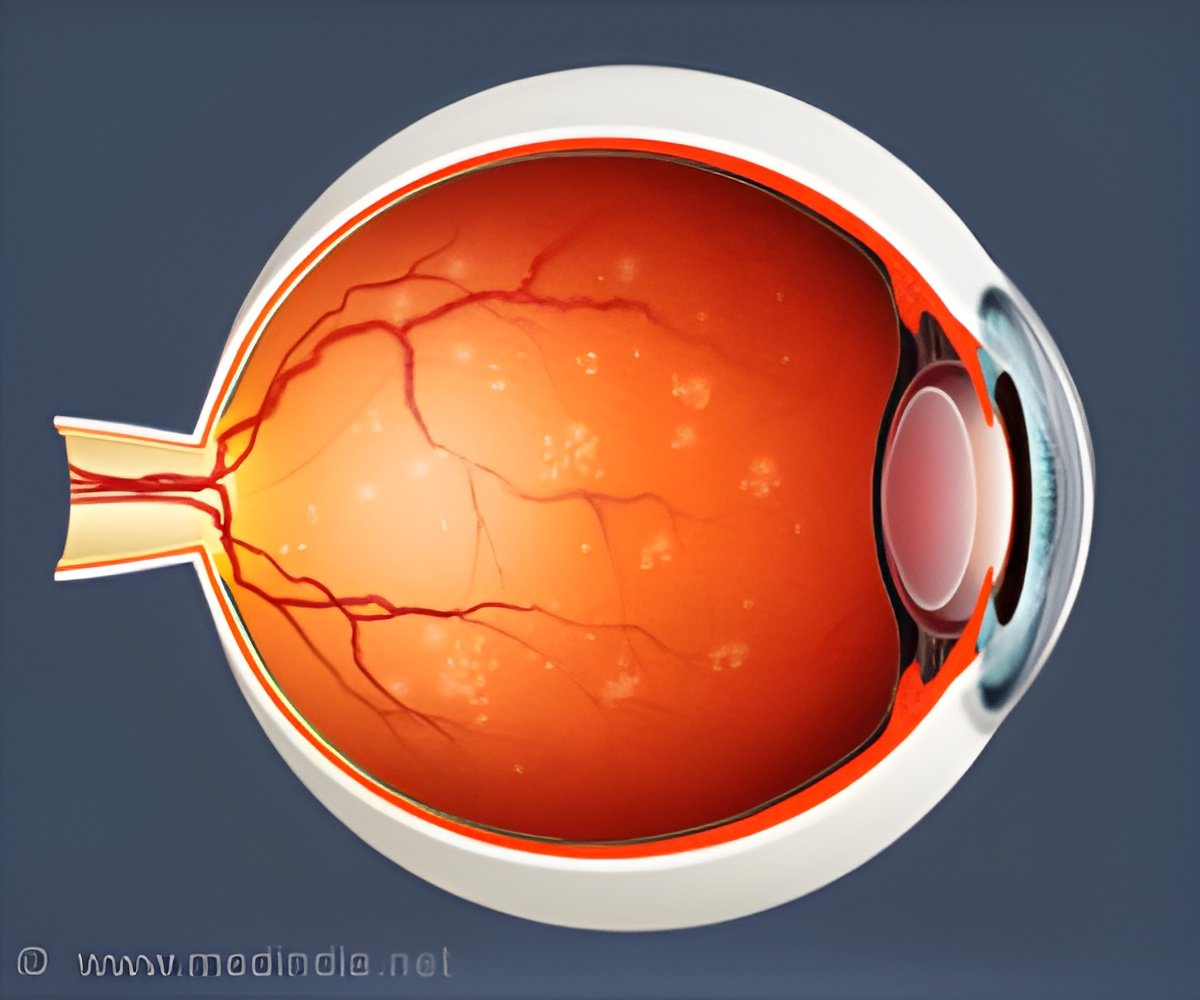Researchers have found early evidence that an antidepressant drug may be used in the treatment of atrophic age-related macular degeneration, a common condition that causes blindness.

‘Use the untapped therapeutic potential of antidepressant drug fluoxetine in age-related macular degeneration.’





Fluoxetine drug works against AMD by binding with a particular agent of the immune system known as an inflammasome. This inflammasome, NLRP3-ASC, triggers the breakdown of the pigmented layer of the eye’s retina.First scientists tested fluoxetine and eight other depression drugs in lab mice to see what effect these drugs cause in AMD and found that fluoxetine is the only drug that slowed the progression of the disease.
Later, they looked at fluoxetine use among patients over age 50 in two enormous insurance databases. People taking the drug had a slower rate of developing dry AMD.
Researchers reported these findings in the journal Proceedings of the National Academy of Sciences.
Combining research with big-data analysis urge researchers to conduct clinical trials to test the drug in patients with AMD. If successful, this drug could be administered either orally or via a long-lasting implant in the eye.
Advertisement
Identification of the unrecognized therapeutic activity of an existing FDA-approved drug-using big data mining, coupled with demonstrating its efficacy in a disease-relevant model, could greatly accelerate and reduce the cost of drug development.
Advertisement
Though the approach of using real-world patient data is successful, it is only a beginning to find new uses for old drugs.
Source-Medindia














